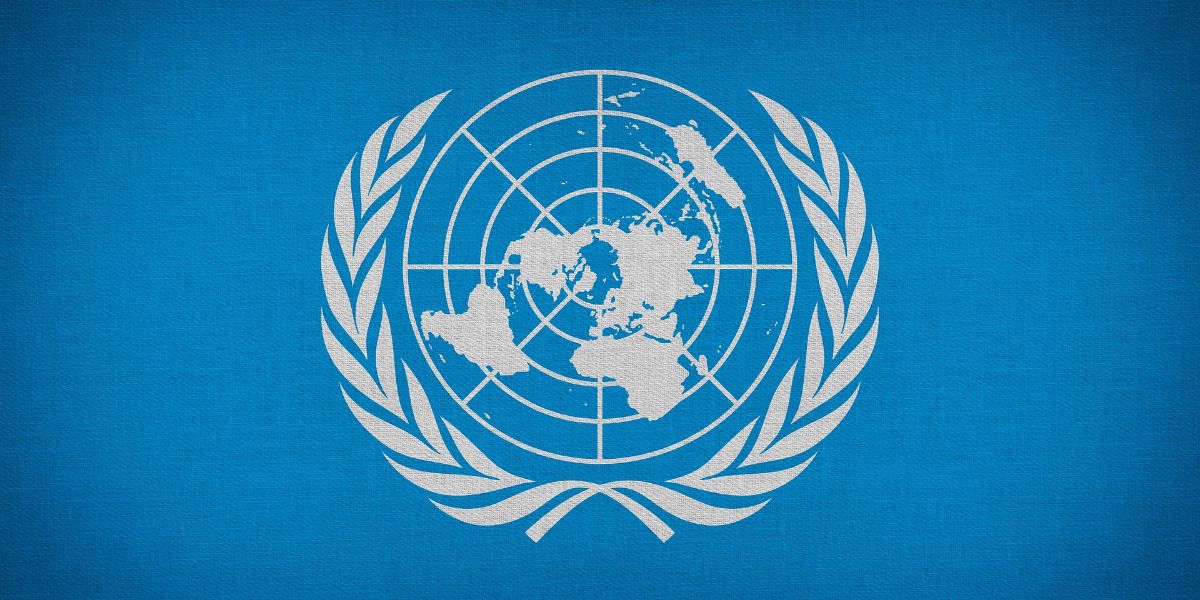The 28th session of the UN Committee of Experts on International Cooperation in Tax Matters is being held from 19 to 22 March 2024. The meeting is taking place in a global situation of inequality, as countries deal with challenges from increased digitalisation, climate change and global shocks including war and the pandemic. The Committee needs to look for common practical approaches to raising tax revenue, focusing on the sustainable development goals (SDGs). The Committee is looking for principle-based, practical, uncomplicated solutions.
Tax and SDGs
The SDGs are currently off track, with many of the goals behind schedule and some going into reverse. The international environment is challenging, and for many countries debt has risen much higher following recent economic shocks. Tax revenues in many regions are lower than in 2015. There is an urgent need to enhance domestic resource mobilisation, to support economic growth and investment to achieve the SDGs.
Inequality is increasing globally and there are more discussions about wealth taxes. To combat inequality, governments need to look at their entire budget, revenue and expenditure. They need to strengthen collection of all taxes, as domestic resource mobilisation is vital for financing the SDGs in many areas where private investment will not finance them.
The SDGs have been taken up by governments and international organisations on a wide scale and integrated into their work. The SDGs need to be approached by government in a wholistic way, not just looking at certain projects to further the goals but directing the whole of government towards the goals. Ministries are still too compartmentalised in their thinking and need to collaborate more on common goals. Civil society should be more involved in discussions.
Extractive industry taxation
A paper on the energy transition in extractive industries was presented by the relevant subcommittee for discussion, to obtain the Committee’s suggestions and guidance. The paper looks at tax policy and practice in the context of the energy transition, with an emphasis on energy production. The paper examines various approaches to the energy transition and the role of tax policies, looking at the disparity in investments and energy production options between developed and developing countries. The scope of the paper is limited and avoids wider climate change issues; other market-based regulatory measures; or discussion of local and subnational tax (although their importance is acknowledged).
The tax issues covered by the paper include challenges for developed and developing countries; the role of energy transition in broader climate goals; the pace of energy transition in each country; and the alignment of energy transition policy instruments and the role of tax policy.
Tax issues in the digitalised economy
The relevant subcommittee has been developing a multilateral instrument (Fast Track Instrument) for the quick implementation by countries of specific UN Model articles, such as provisions concerning offshore indirect capital gains, fees for technical services, automated digital services, the subject-to-tax rule and some others.
Work on the instrument has been carried out with the assistance of the tax expert Philip Baker who introduced the latest draft of the instrument to the Committee. The output of the treaty amendment process under the Fast Track Instrument would be in the form of protocols amending the treaties, which is already a familiar process for countries to update their treaties. Countries will therefore already have procedures in place to scrutinise and ratify the amending protocols.
The fast track procedure is designed so it is not a static process but can take on board new changes to the UN Model and continue to serve its purpose. The Conference of the Parties can provide a context within which countries can agree to adopt amending protocols and amend their treaties to incorporate provisions of the UN Model. Assistance will be available from the Secretariat.













